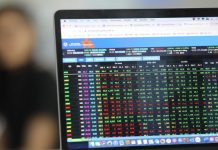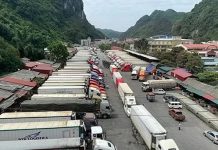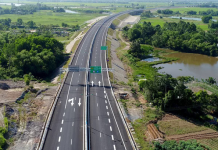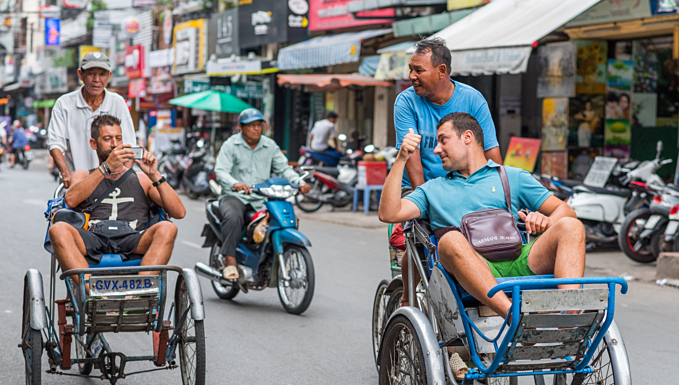
Internet connections in Vietnam could slow down through the upcoming National Day holiday courtesy of the disaster-prone AAG undersea cable.
A local internet service provider on Friday stated that the Asia America Gateway (AAG) has suffered a disruption since August 16 on the section connecting Ho Chi Minh City to Hong Kong, about 125 kilometers from the shore off the southern beach town of Vung Tau.
Initial cause might be a ‘shunting fault,’ said an unnamed representative of the service provider.
Over the past days, Vietnamese netizens have complained about unstable internet connections, especially when accessing international services like Netflix, YouTube and Facebook.
Repair work on the faulty section is scheduled to start on August 29 and be completed September 3, so Vietnamese internet users will face sluggish access to international websites during the three-day holiday that marks Vietnam’s Independence Day on September 2.
Connected in November 2009, the $560-million AAG cable handles more than 60 percent of the country’s international internet traffic. The system runs more than 20,000 kilometers (12,420 miles), connecting Southeast Asia and the U.S., passing through Brunei, Hong Kong, Malaysia, the Philippines, Singapore, Thailand and Vietnam.
Since its debut, the cable has encountered a “very high” risk of rupture and been under frequent repair, affecting all service providers in Vietnam.
Vietnam currently has six submarine cable systems, as well as a 120 gigabit channel that runs overland through China.
With download speed of 7.02 megabytes per second, internet speed in Vietnam is ranked 89th out of 207 countries and territories, down 14 places from last year, according to a survey done by Cable, a U.K. broadband, TV, phone and mobile provider.
Vietnam’s average broadband speed was recorded as 10 times slower than Singapore at 70.86 Mbps, more than three times lower than Malaysia (23.86 Mbps) and more than two times slower than Thailand (18.21 Mbps), the survey showed.
Around 64 million people in Vietnam, or over half of the country’s population, are online.

























